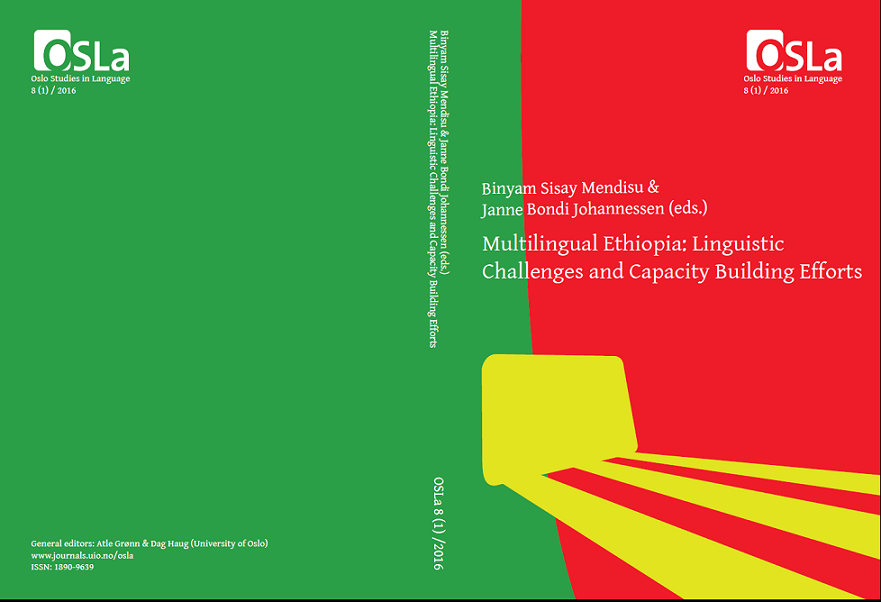Language Planning Challenged by Identity Contestation in a Multilingual Setting: the Case of Gamo
DOI:
https://doi.org/10.5617/osla.4429Abstract
A common language-planning problem in places with plural societies is deciding which language should be the language of education. Indeed, de-cisions regarding which languages should be established as the medium of instruction (MOI hereafter) are political decisions which, if ill managed, can lead to appalling consequences. Often, political ideologies and identity contestations interact with and bring influence to on the interpretation of linguistic endeavors. Linguistic diversity in the Gamo area has become entangled with political interests in the process of (re)articulating and implementing the current multilingual language policy in Ethiopia. Contrasting positions have been taken in the course of implementation of the policy. On the one hand, the local authorities have tended to adopt a type of assimilationist approach. Considering the close genetic relationship among the linguistic groups, a common MOI has been prescribed for several ethno-linguistic groups in the former North Omo Zone. On the other hand, despite the existing strong linguistic similarities and mutual intelligibility, various groups have asserted that they differ from each other. Mutual intelligibility between them has been denied. The process has resulted in unstable language planning. The issue of identity and distinctiveness has persisted even among the subgroups of Gamo, the focus of this study. This shows that the language of education has been viewed both as a social practice and as a symbolic system through which identity is marked and represented. The issue of the language of education has become complex in multilingual settings of Gamo, since it is compounded with ethnic identity. In the Gamo area, the situation has resulted in the repeated alteration of language planning and reorganization of the structure of the administrative unit. The aim of this study is to investigate the trajectories and challenges of implementing the new language policy in the multilingual administrational unit to which Gamo belongs. It shows how issues of identity have made it difficult to achieve settled language planning in a multilingual area.Downloads
Published
2017-02-10



